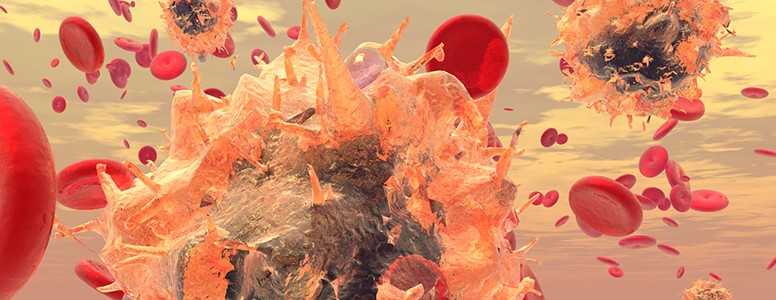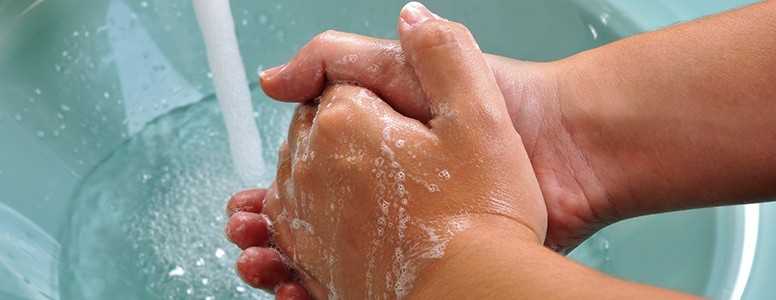The process of T cell “exhaustion” could be exploited to lessen the effects of autoimmune diseases, according to a new study.
The research, which was conducted by researchers at the University of Cambridge, could lead to better treatments for type 1 diabetes.
T cells protect the body from infection. When a foreign invader gets into the body, the immune system uses T cells to fight them off.
In some cases, however, T cells are harmful. When the immune system wrongly identifies friendly cells as foreign invaders – as is the case with type 1 diabetes – it is T cells that do the damage. For people with type 1 diabetes, it is the insulin-producing beta cells in the pancreas that are attacked by T cells. Other prominent autoimmune diseases include lupus and Crohn’s disease.
T cells are often compared to soldiers fighting a battle with the immune system invaders. And, like a group of soldiers, T cells become exhausted after particularly intense fighting.
Exhausted T cells are usually thought of as a bad thing. In most cases, T cell exhaustion prevents them from fighting off infection and other diseases. This new study, however, finds that exhausted T cells are also less able to fight useful parts of the body that the immune system has wrongly identified as an enemy.
The researchers examined the patterns of turning on and turning off genes in autoimmune diseases. They found that the process of fighting is the same as for infection and cancer. But because exhausted T cells are less able to attack healthy parts of the body, the result is a milder form of the autoimmune disease.
“We know that the way our bodies respond to infection and to autoimmune diseases differs between individuals,” said Dr. Eoin McKinney, a Wellcome Trust-Beit Research Fellow from the department of medicine at the University of Cambridge.
“In part, we believe this is due to a process known as T cell exhaustion. For effective treatment, we need to exhaust our T cell responses in autoimmune diseases – and hence limit the attack on our body – and to reverse exhaustion when the fight is against unwanted invaders, such as viruses or cancer.”
Although the research is at a preliminary stage, it has huge potential. By assessing the level of exhaustion in a patient’s T cells at the point of diagnosis with an autoimmune disease, doctors could target their treatment much more accurately, leading to better outcomes.
Professor Ken Smith, lead author of the study and Head of the department of medicine, said: “We believe the clinical implications of this study could be profound. A test based on the concept is soon to enter the clinic, and we are exploring new treatments for autoimmunity based on manipulating T cell exhaustion.
“A focus on T cell exhaustion in cancer has led to a revolution in treatment and a multi-billion dollar industry. We now implicate the same pathways in determining long term patient outcome in autoimmune and inflammatory disease, which afflict up to one in ten of the population over the course of their lives.”
The research is published in Nature.
What's new on the forum? ⭐️
Get our free newsletters
Stay up to date with the latest news, research and breakthroughs.







